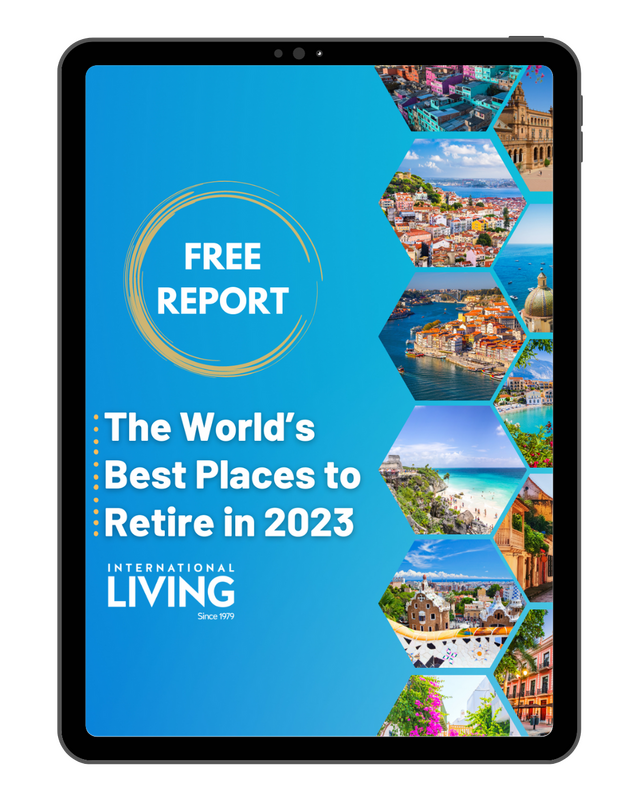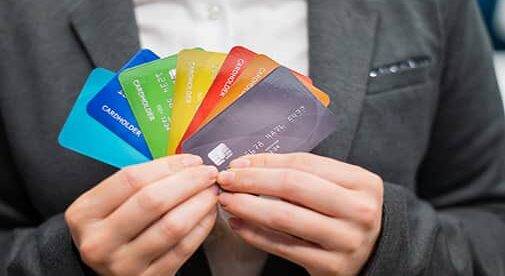No matter where you end up in the world as an expat, a certain challenge confronts all of us: How to manage your finances when you spend your day to day in a foreign country, and some of your money remains back at home.
I’ve been operating in that world for over two years now as an American living and working from Prague, and I have learned several tricks to make life a bit easier when your wallet is effectively living a dual-citizen’s life. To that end, here’s a handy rundown of the financial resources you’ll want to rely on once you’re living abroad.
Moving Money Across International Borders
Download the TransferWise app onto your smartphone. It’s so easy and convenient for moving money around the world quickly and efficiently. Setting up your account takes a couple minutes. Once that’s complete, you:
- Log in from your phone or computer, you tell TransferWise how much money to send where (either how many dollars you want to send or how much of another currency you want to receive), and the app instantly calculates the exchange rate plus fees.
- Tell the app where to send the money (your account overseas).
- Choose how to fund the transfer (your U.S. bank account, a debit or credit card, or wire transfer).
- Tap the “pay” button.
When you’re accustomed to the process, it takes less than a minute. Your money will generally arrive in your overseas bank account the next business day. The fees are the cheapest I’ve found, and the exchange rate is the fairest. All in, TransferWise is the best money-transfer process available.
Foreign Bank Account
You can try to live your life overseas by using your U.S. debit card to access cash or pay for local goods. That’s fine, but it’s expensive, since your bank will continually ding you for currency conversion fees, out-of-network ATM fees, and possibly foreign transaction charges. Over the course of a year, those can add up. Better to operate from a local bank account wherever you live.
Once you have a residence visa, a local bank will be happy to work with you. And, really, it’s such a savvier approach since your bank is open during your business hours if you need help with something. And it’s far better to pay for local goods with a local bank debit card because you won’t get slammed with fees.
Just remember that if the value of your overseas financial accounts combined exceeds $10,000 at any point in the year, you will have to comply with the Foreign Asset Tax Compliance Act (FATCA) and fill out a special Treasury Department form during tax season, just to alert the U.S. to where your accounts are located.
Credit Cards
You will likely not be eligible for a credit card issued by a foreign bank, so you will have to use U.S. credit cards. Always make sure your card imposes no foreign transaction fees. Most do, and they will hit you with 1% to, more likely, 3% of the transaction cost. Again, those fees add up if you’re using your card to buy groceries, pay for meals, and your general daily spending.
And if you’re going to get a bonus card, look for one that offers travel points or airline miles, not cash back. Those cards generally do not offer cash back on overseas purchases, though those that offer miles and points do award you, well, miles and points. So, they’re a better option.
Multi-Currency Debit Card
If you live overseas, chances are you’re traveling a bit to other countries in the region, which means you’re operating across multiple currencies.
You can use your U.S. or local debit card, if you want, but again you’re looking at excessive fees for ATM withdrawals and purchases.
Instead, apply for a debit card from N26 or Revolut. N26 is German, while Revolut is British, and both offer cards to U.S. residents. I have both. They allow you to hold multiple currencies on your card, and you can switch currencies within the card at favorable rates.
So, for instance, I was recently in Montenegro. I popped into the TransferWise app and transferred a bunch of dollars from my U.S. bank to my N26 card (it happened instantaneously) and converted them to euros so that I could access cash at money machines in Montenegro without paying out-of-network fees or currency conversion fees at the ATM. That is highly convenient when your expat life is lived between various currencies.
Investing Abroad
To the degree this matters to you, use your overseas address and residence card to your financial advantage by opening a local brokerage account.
Because of FATCA, foreign financial institutions likely won’t deal with you unless you can prove residence. Then they’re happy to do business. That means you can tap into investment opportunities abroad that you don’t have at home, giving you access to potentially greater gains through local stocks, mutual funds, or banking products that offer safe, stable returns of 5%, 7%, even 10%.
For instance, here in Prague, I own a local brokerage account, through which I can trade in the local market and pick up huge, safe dividend yields of companies I cannot access back in the U.S. Or I can trade across Europe, into markets no U.S. brokerage lets me trade in. There are huge income opportunities in that.

Get Your Free Report on the World’s Best Places to Retire:
Learn more about the best places in the world to retire in our daily postcard e-letter.
Simply enter your email address below to sign up for our free daily postcards and we’ll also send you a FREE report on The World’s Top 10 Retirement Havens, plus access to over 10 more free reports. Our gift to you, on our favorite destinations.
Related Articles
The World’s Best Places to Retire
The Best Places to Live and Work Abroad
5 Great Places to Retire Where it’s Easy to Fit In
Upcoming Conferences
The Only 2024 Fast Track Panama Conference
If your dream retirement involves stunning beaches… lush green mountains… a warm climate with no hurricanes… first-rate healthcare… incredible value for money (a couple can live well on $2,200 a month)… and the World’s #1 Retiree Discount Program…
Join our Panama experts and expats in February and discover why Panama could be your perfect paradise.
REGISTER NOW, SEATS LIMITED: EARLY BIRD DISCOUNT HERE
Popular Articles You May Also Like


.png)